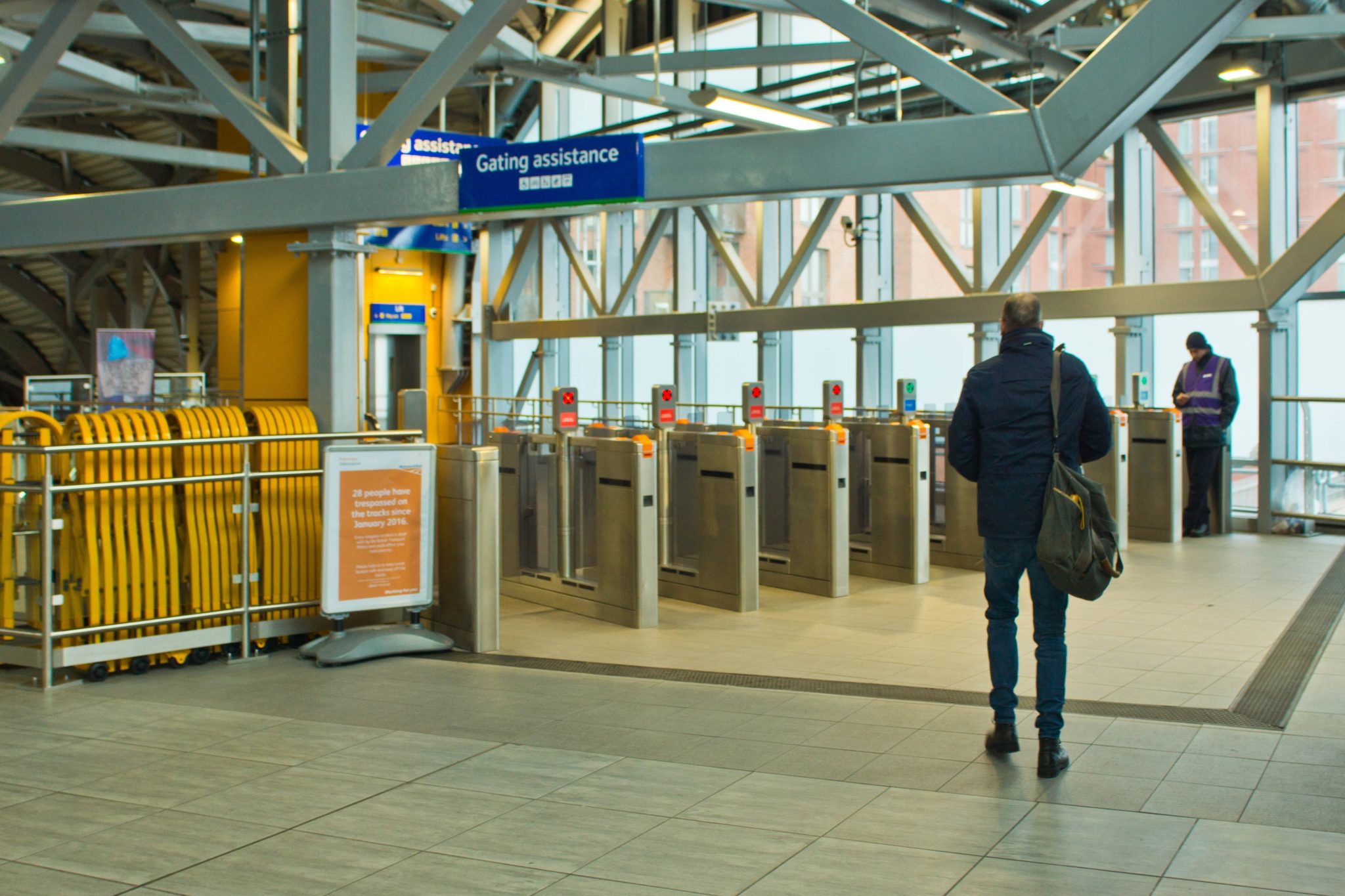Brexit and the final countdown
Published on 5th November 2020

The Covid-19 pandemic has meant that Brexit may have taken a backseat in terms of people's priorities, but the end of the transition period is fast approaching. Many are probably tired of the same Brexit talks, but it is important to be aware of the crucial dates that will impact European Economic Area (EEA) nationals and employers.
EEA nationals
From 1 January 2021, freedom of movement will end and any EEA national coming to the UK for work will need a valid visa to allow them to work under the new immigration system. This does not impact EEA nationals already in the UK or those that arrive by 31 December 2020 as they are expected to apply under the EU Settlement Scheme (EUSS) that will allow them to continue to work and live in the UK. EEA nationals that wish to remain in the UK will need to complete the EUSS application by 30th June 2021.
The EUSS will either grant an individual pre-settled or settled status. Pre-settled status is a five-year leave which can be later switched to settled status once the individual completes five years of residence in the UK.
Non-EEA family members
Family members of non-EEA nationals must also apply under the EUSS and the deadline is the same with a few exceptions.
They must also be in the UK before 31 December 2020 and apply under the EUSS by 30 June 2021. However, if they are not in the UK by the end of the transition period, they can still apply as long as the EEA family member has obtained pre-settled or settled status and their relation began prior to 31 December 2020. Family members of Swiss citizens have an extended timeframe in which the relationship must have begun before 31 December 2025.
Brexit and right to work checks
Employers should guide their current employees on the necessary steps and the crucial dates but they do not need to conduct retrospective right to work checks for their current EEA employees as their passports will remain sufficient. Employers also cannot insist employees confirm their EUSS status until after 30th June 2021. Unfortunately there is no guidance from the government on how employers are to check whether their EEA employees have completed the EUSS by 30 June 2021 but we assume further details will be provided closer to the time.
As the employment of an EU national after the 30 June 2021 without lawful status, either under the EUSS or under the new immigration system, could be considered unlawful, we advise clients to obtain evidence of status prior to this date on a voluntary basis.
Final checklist
- Have robust right to work checks and up-to-date records of current employees.
- Be aware of deadlines that relate to Brexit, and that EEA nationals and their family members are able to demonstrate their right to work.
- Possess a valid Sponsor Licence to allow the company the flexibility to apply for any necessary work visas.
- Review potential new hires in the coming months.
- Review potential internal company transfers and the activities they will be engaged in while in the UK. Will any of these need work visas or will they be eligible to enter under the Visitor rules?
- Carefully consider your Certificate of Sponsorship needs over the next 12 months and beyond
We are here to guide you through the changes and ensure you are prepared for the new immigration world. If you need any help discussing options and strategy, please do get in touch with our team.





